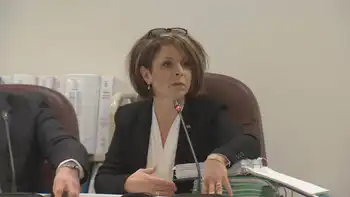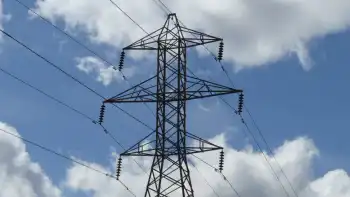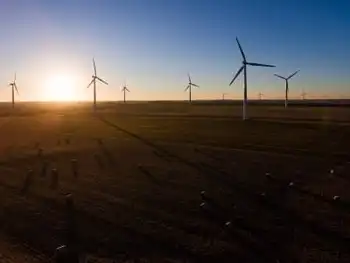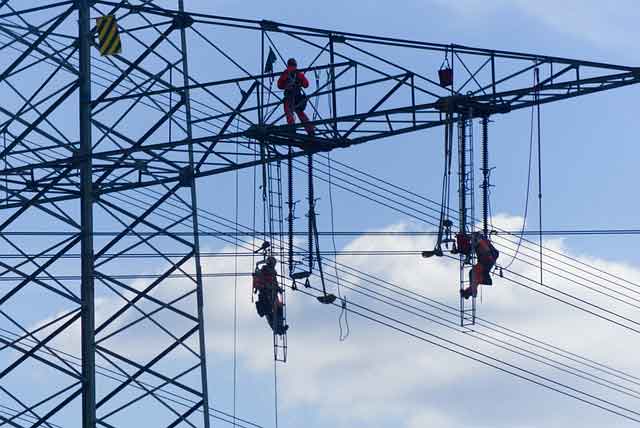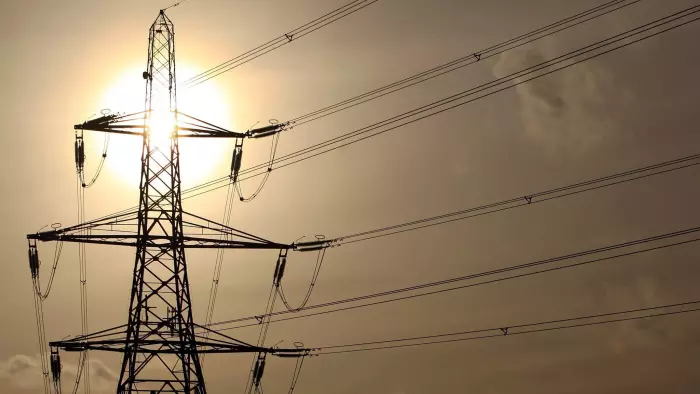National ban on new plants without controls proposed
By Environmental News Service
NFPA 70e Training - Arc Flash
Our customized live online or in‑person group training can be delivered to your staff at your location.

- Live Online
- 6 hours Instructor-led
- Group Training Available
Congressman Henry Waxman of California, who chairs the House Government Oversight Committee and Congressman Edward Markey of Massachusetts, who chairs the House Select Committee on Energy Independence and Global Warming, introduced the bill known as the Moratorium on Uncontrolled Power Plants Act of 2008.
The lawmakers said in a joint statement that "comprehensive economy-wide regulation to address global warming" will soon be introduced, but new coal-fired power plants are being built today, without controls on CO2 emissions.
The moratorium proposed in the bill would extend until a comprehensive federal regulatory program for global warming pollution is in place.
"The alternative is senseless," said Waxman, "locking in decades of additional global warming emissions and requiring greater emissions reductions across the U.S. economy to compensate."
"If we lose control of coal, we will have lost control of the climate," said Markey. "This bill will make companies prepare for the future and prevent them from building low-tech coal-fired power plants before a global warming bill is passed that will necessitate the use of the newest, most climate-friendly technology."
Without emissions controls, a new coal-fired power plant will emit hundreds of millions of tons of global warming pollution over its 50-year lifetime, the lawmakers said. Over 100 new plants have been proposed, and even if just a portion of these are built, they will emit over a 100 million tons of carbon dioxide a year.
One of these plants alone could offset the reductions that will be achieved through the Northeastern states' Regional Greenhouse Gas Initiative, said the legislators, referring to a cooperative effort by nine Northeast and Mid-Atlantic states to design a regional cap-and-trade program covering carbon dioxide emissions from power plants in the region. Groups of states in other regions are engaged in similar initiatives.
The bill places a moratorium on either the U.S. Environmental Protection Agency or states issuing permits to new coal-fired power plants without state-of-the-art control technology to capture and permanently sequester the plant's carbon dioxide emissions.
The bill also bars a new coal-fired power plant without state-of-the-art control technology from receiving any free or reduced cost emissions allowances under a future federal program to address global warming.
"It's important for ratepayers and regulators to understand the financial risks if their power company wants to build a new uncontrolled coal-fired power plant," said Waxman. "Those plants will be a lot more expensive to operate when global warming pollution is regulated. Ratepayers need to make sure they won't be stuck with the bill."





